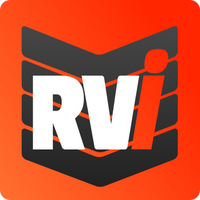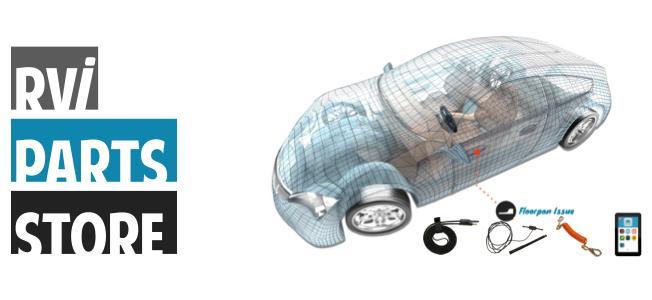It’s officially May, and the first day of summer is right around the corner! Around the country (and here in Colorado as well), things are finally starting to thaw out - which means it’s time to hit the open road once again. In this post, we’re going to take a look at a few of the most important things to check before heading out on that first trip of the year!
1. De-Winterize RV
This process could serve as its own post, but we’ll take more of a high-level approach here.
The most important aspect of de-winterizing is going to be getting fresh water into your system, as well as purging the antifreeze from your water lines (if you use antifreeze). You’ll also want to make sure all of your valves are set correctly. Once potable water has been added and your system has been properly flushed out, you’ll want to also sanitize your water lines. Even if you used a non-toxic antifreeze, mold and bacteria can build up over the winter months - so it’s a good idea to get all of that cleaned out before traveling. Finally, you’ll want to check for any leaky pipes or seals.
De-winterizing isn’t just limited to your RV’s water system - you’ll also want to take a look at things like tires, batteries, air vents, and your generator. Make sure that all of those items are in good, working order and that any necessary filters have been changed/components have been replaced.
2. Check Appliances
Key among these are going to be your microwave, stove, fridge, propane, and smoke alarms.
In many cases, you’ll test/change out your propane as part of the de-winterization process. But, if you haven’t already done it, you’ll want to make sure that gets done as part of this step. There’s nothing more frustrating than getting where you want to go and discovering that something like your fridge has gone out, leading to spoiled food and a spoiled trip.
Once you get everything fired up, stick your hand in the fridge and freezer to make sure they’re properly cooling. Test out your microwave and burners quickly to make sure everything fires up like it should. And, last but certainly not least, swap out all your smoke alarm batteries to ensure they’re nice and fresh for the entire season.
3. Braking System and TPMS
Braking systems are a legally required component if you plan on flat towing - so, in some cases, your first step may be to buy a braking system! (We’ve got you covered if that’s the case.)
Assuming you already have a braking system, however, you’ll want to pull it out of storage, plug it in, and run through the setup process. Keep in mind that, for most manufacturers (including us), repairs could take a couple of weeks. Setting this up and testing it ahead of time will allow you some wiggle room if anything were to go wrong.
The same goes for your Tire Monitoring System. (This one isn’t legally required - but boy, do we recommend having one!) Get your sensors threaded onto your tires and fire up your monitor. Make sure you’re seeing all your pressures and perform any requisite setup/troubleshooting. Keep in mind that most battery-powered sensors will die at a certain point - if you’re not seeing yours populate on your monitor, there’s a good chance that’s what’s happening. Swap out the batteries (if you have user-replaceable battery sensors) or obtain battery replacement sensors (if you use something like our Tire Patrol system).
4. Tow Bar/Test Drive
Next up, get that tow bar out! There’s a good chance some parts on it will need to be lubricated, so keep an eye out for that. Get your towed all hooked up behind the RV and go for a quick test drive around the block/neighborhood to make sure everything functions like it should.
5. Double-check Hot Water
The final step for us is to double-check the hot water. By this point in time, every aspect of your system should be “woken up”, so turn on a couple of the faucets and just make absolutely certain your water system is functioning as it should.
Conclusion
That’s about it! Everyone’s RVing journey is a little different, so there may be additional things you want to add to this list that are personalized to you. But by following these universal steps and using them as a foundation, you’ll ensure that you’re ready to hit the road whenever it calls to you this season.
Have more questions about flat towing? Check out our free Flat Towing Guide!










Leave a comment